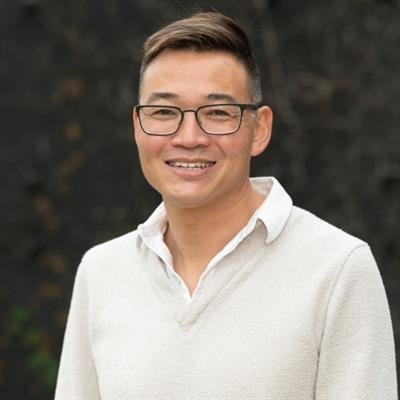clinicians, researchers and policy makers
We’re still in the early days of planning our research across five areas.
Currently, this page includes:
a summary of our research
working principles and practises
on ethics, care and complaints
Over time, we’ll also include:
our policy positions
quick guides of research highlighting key insights and methodologies
implementation briefs for clinical practise
tools and resources for researchers
All media inquiries must be sent in writing to email@email.com
-
-
-
Our research group is made of x participating institutions including
-
There are a range of ways to get involved in ARCTYC:
Registering for program updates
Submitting a formal request to have your team or organisation involved in our research or
Becoming part of our Emerging Researchers Committee (ECR)
-
Our research works from a position of solidarity and support of gender-affirming care with trans communities. We acknowledge and uphold the human rights of all trans people.
Since the beginning (before we were awarded funding) the ARCTYC team have been working with trans young people and adults, clinicians and researchers to set research priorities and design inclusive and robust research approaches.
Young people from the ARCTYC Youth Advisory identified ways of working.
-
-
-
Each of our projects…
forthcoming - to be notified of updates x at x
-
-
Highlighting key insights and methodologies
-
-
For non-commercial re-use
leadership
A/Prof Ken Pang from Murdoch Children’s Research Institute is the Principal Investigator and is supported by a large team of researchers, young people, clinicians and co-design specialists. Ken Pang is consultant paediatrician and biomedical researcher - learn more.
We acknowledge the Traditional Custodians of the many lands upon which we are located.
We pay our respect to Elders past and present.
-
by families we mean all kinds of families including chosen families, kin, siblings, parents, caregivers, foster carers and anyone else
We use trans inclusively to refer to all gender diverse people, including those who are non-binary, agender, sistergirls, brotherboys, transgender, genderfluid and other terms people identify with.
-



